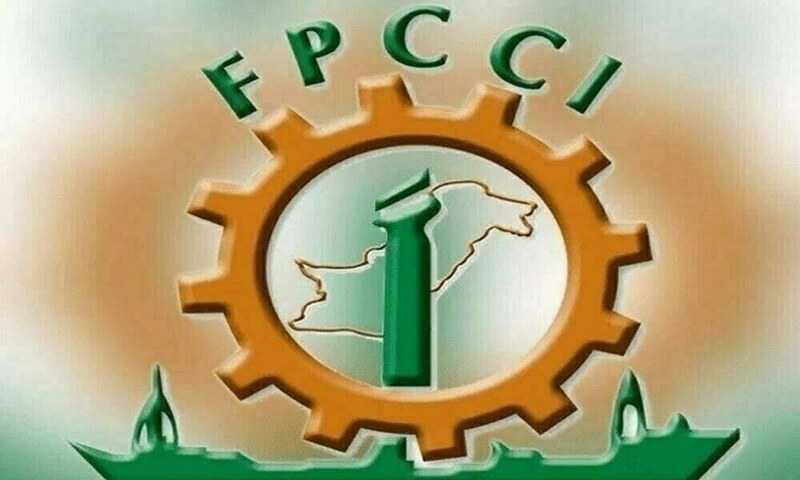KARACHI: Aman Pracha, Vice President of the Federation of Pakistan Chambers of Commerce and Industry (FPCCI), has expressed deep concern over the International Monetary Fund’s Governance and Corruption Diagnostic (GCD) Assessment Report, which highlighted widespread, systemic, and severe corruption within Pakistan’s state institutions.
He urged Prime Minister Shehbaz Sharif and Field Marshal General Syed Asim Munir to implement the 92 key reforms recommended by the IMF to curb corruption effectively.
Pracha said the IMF’s findings regarding weak governance, the deterioration of the rule of law, and rampant corruption in Pakistan were factual and alarming. He noted that corruption had paralysed the country’s economic potential, preventing annual GDP growth of 5 to 6.5 percent.
He emphasised that the IMF had clearly recommended strengthening and ensuring the independence of key anti-corruption bodies, including NAB, FIA and provincial anti-corruption establishments.
He called for greater autonomy for these institutions, improvement in the process of appointing the NAB chairman to enhance high-level corruption investigations, expansion of NAB’s investigative capabilities, and robust internal accountability mechanisms.
To promote transparency and accountability, Pracha proposed establishing a central authority comprising the FBR, Parliament and the Establishment Division to compile, digitise and disclose the assets, powers and resources of senior government officials.
He further stressed the need for a risk-based approach within NAB, FIA and provincial anti-corruption bodies.
He recommended enhanced coordination and information-sharing between NAB, the Auditor General of Pakistan and the FBR to identify suspicious transactions and strengthen corruption investigations.
He also urged strengthening FIA’s investigative capacity and ensuring full coordination between FIA and NAB. Provincial anti-corruption agencies, he said, must also be granted full independence.
The FPCCI vice president said that implementing the IMF’s recommendations would significantly curb corruption and ensure that the vast sums currently siphoned off into private pockets return to the national exchequer, bringing economic stability and prosperity.
Highlighting the impact of corruption on poverty, Pracha noted that Pakistan’s population is nearly 250 million, and an estimated 107.2 million people earn less than four dollars per day, placing them in severe poverty.
According to official standards, more than 40 million citizens are living below the poverty line.
He maintained that eliminating entrenched corruption would substantially reduce poverty levels.
Copyright Business Recorder, 2025


